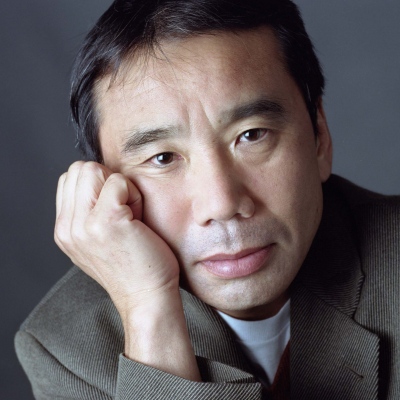"It is the job of experts to rebuild broken roads and buildings but it is the duty of each of us to restore our damaged ethics and values. We can start by mourning those who died, by taking care of the victims of this disaster and by nurturing our natural desire not to let their pain and injuries have been in vain. This will take the form of a carefully crafted, silent and painstaking endeavour. We must join forces to this end, in the manner of the entire population of a village that goes out together to cultivate the fields and plant seeds on a sunny spring morning. Everyone doing what they can do, all hearts together.
We, professional writers, who are versed in the use of words, also have a positive contribution to make toward this large-scale collective mission. We must connect new ethics and values to new words, thereby creating and building new, vibrant stories. We will then be able to share these stories. They will have a rhythm that can encourage people, just like the songs which villagers sing while planting their seeds. We rebuilt Japan, which had been completely destroyed by World War II. We must now return to this same starting point once again.
As I mentioned at the beginning of this speech, we are living in a changing and transient 'mujo' world. Every life will change and ultimately fade away. Human beings are powerless in the face of the greater forces of nature. The recognition of the ephemeral is one of the basic concepts of Japanese culture. While we respect the fact that all things are transient and understand that we live in a fragile and precarious world, at the same time we are imbued both with a silent will to live and with positive minds.
I am proud that my works are highly regarded by the Catalan people and to have been awarded such a prestigious prize. We live a long way from each other and speak different languages. We have different cultures but at the same time we are citizens of the world, who share the same problems, joy and sadness. Thatís why stories written by a Japanese author have been translated into the Catalan language and Catalan people have embraced them. Iím glad to share the same stories with you. Dreaming is the day job of novelists but sharing our dreams is a still more important task for us. We cannot be novelists without this sense of sharing something.
I know that the Catalan people have overcome many hardships, while living life to the fullest and retaining a rich culture through your history. I believe that we have many things to share.
..."

